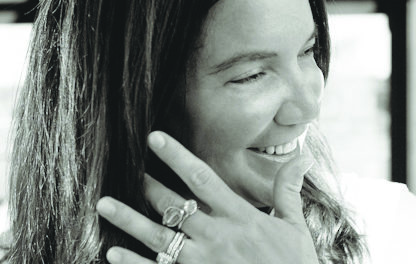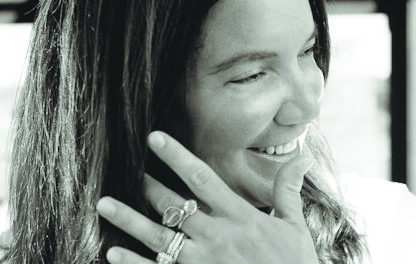 I have two words for you.
I have two words for you.
Sliced ketchup.
I bet I can guess what you are thinking right about now. Who knew there would ever be a need for single prepackaged slices of a dehydrated condiment? Sure. There were obviously moments when you bit into a big juicy burger and silently cursed at the splatter of ketchup dripping down your chest. Yes, it is frustrating having to bang the end of a bottle of Heinz 57 after awkwardly jabbing a knife inside. But I bet you have never thought, ‘hey, lets’ pour a bottle out on a sheet pan and bake the heck out of, cut it into 3-inch squares, wrap it in plastic, called it a ‘Slice of Sauce’ and then make some money off it.
What defines innovation more than coming up with something you didn’t know you needed in the first place? Me, I just wish we could come up with things we know we do need right now. I couldn’t care less about flying cars, even self-driving ones, or sliced ketchup. I’m still waiting on the neighborhood margarita trucks, like the old ice trucks of yore, that drive around ringing a bell and blaring mariachi music Monday thru Fridays at 5 PM and starting at 11:30 AM on the weekends.
As my main man William Blake once said, “you never know what is enough unless you know what is more than enough.”
Why is there a deep desire to find or sink our teeth deep into the ever-loving next big thing?
As a romantic poet during the Industrial Revolution in London, Blake passionately spent most of his time illustrating and writing about the heavy cost of rapid development. For him, it was the Industrialism Revolution. Sure, the idea of a steam engine at the time was mind blowing and even romantic as it opened up the whole world, not only for business, but also for travel and experiencing exotic cultures. But it also produced dangerous work environments, horrid child labor, and deadly diseases caused by overcrowding and living in such close quarters during the birth of this new urban landscape. I know; laws, medicine and, yes, progress have alleviated the heavy charge rapid modernization doled, especially in its infancy. Only the price of producing this progress took a different kind of toll on the human spirit, as well. It’s no wonder an 18th century “urban” poet like Blake waxed nostalgic about nature with the loss of living in large green open spaces, quiet and reflective underneath the whispering trees while admonishing the abuse of people for profit.
In Blake’s own prose from The Marriage of Heaven and Hell, “if the doors of perception were cleansed everything should appear to man as it is, Infinite. For man has closed himself up, till he sees all things thro’ narrow chinks of his cavern,” speaks to the blurring effect of the narrowing convictions as we try to adapt and understand the magnitude of an ever-changing world.
Sometimes we put on blinders, look down, walk on and ignore.
Or as Blake writes in his poem The Chimney Sweeper, about “the mind-forged manacles I hear,” when we seek change and new ways to liberate mankind, we end up creating another dreadful condition we will soon need to be freed of.
For us, the tech explosion is our own Industrial Revolution. It’s now about: faster, better, smaller, quicker, less of this, more of that. What once seemed impossible – for our lives to be even easier, more knowledgeable and unconditionally cherished – soon revealed how much more we would lose in what makes us human to begin with. And at what price of admission, like the River Styx, does it cost to become this way?
As my super smart friend Thad told us over a smoked butt and collards the other night at supper, “they make you an addict in the electronic ghetto.”
He’s right.
Amazon, Facebook, all of social media has made us, human beings, into something we used to consume. We are now not only purchasers, but also a product in and of ourselves; our personal information is packaged and sold to the highest bidder.
When is enough, enough?
Is this our new “narrow chink” we now have to look through, the new mind-made manacle we must break? What more do we have to give up that is so valuable – physical human connection, compassion for compassion’s sake, privacy, our own distinct oddball uniqueness – so we can progress as a culture? So, we are faster, better, quicker, more of, not as messy, and whole lot lighter?
My other main man Keats, also a Romantic poet, wrote, “Beauty is truth, truth beauty, that is all ye know on earth and all ye need to know.”
Cleanse the doors, and as the late Jim Morrison sang, “break on through to the other side.”
Just remember to take your time and mess around as you go. I’m sure it’s even more beautiful once you get there. And don’t forget, bring everything that is you; no one ever said you have to pack light.




